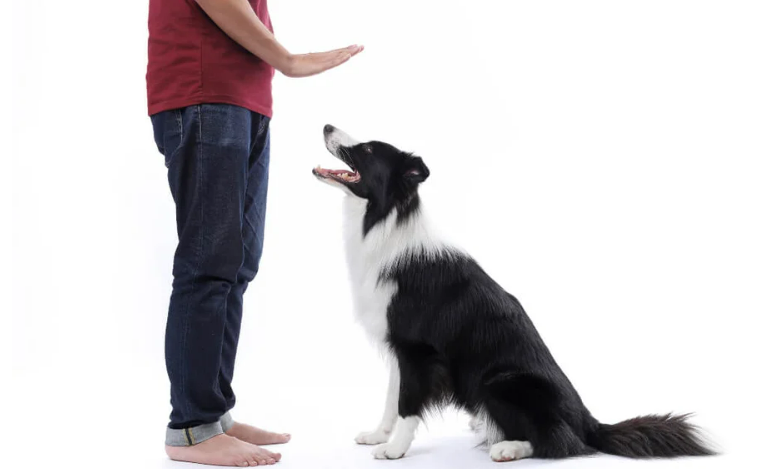The most common reason that dogs end up in shelters throughout the world is because of behavioural issues – and these issues, more often than not, are attributed to lack of socialisation.
There are also risks associated with dogs that are not socialised, such as the possibility of them becoming aggressive towards other dogs – and even humans. Most veterinarians recommend that the process of socialisation is necessary, by the time a puppy is seven to eight weeks old.
This is no different to how humans socialise children. We do not decide to confine our children to the house for their entire lives, nor do we begin parenting a child after they have developed learned behaviours and habits. Yet, this is exactly how many people raise their puppies – and these cute, sweet, bundles of fur will certainly turn into an aggressive, disobedient, or destructive animals.
Approximately one in every four to five dogs have behavioural issues, due to poor socialisation.
Source: Association of Pet Behaviour Counsellors
Socialisation is the process of exposing a young dog to as many environments and stimuli as possible, including people and animals. There is a thin line, however, as the dog might easily become overwhelmed. A dog that is over stimulated might become fearful, withdraw from the situation, or avoid certain behaviour.
-
- Be handled from birth and accept touching of all of their parts, including their tails, legs, ears and feet.
-
- Be exposed to as many places, people, animals and situations as possible, including car journeys.
-
- Be allowed to play with a number of games and toys and be exposed to various surfaces, textures and other stimuli.
- Be encouraged to investigate and explore his or her environment.
Make Socialising a Positive Experience
Most people who get a new dog are excited to show the dog off and often want to do it from day one. Though this is fine, new owners should keep in mind that they should take things slowly and allow the dog to meet people and animals, at their own pace. If not, the puppy could become overwhelmed, scared, or harmed.
Young dogs tire quickly and forcing or hurrying their progress, will make them tire even faster. These quick training sessions for socialising must also always remain positive. When a puppy shows fear or hesitance to do something, owners must not reward this behaviour with attention or affection. Instead, owners should reassure the dog that it is safe, but then back off. Doing more than this might seem like a reward to the puppy, which will encourage his fearfulness. Socialising should be an activity that is enjoyable and safe, for both the dog and its owner.
About 80% of dogs in the UK have at least one fear – and most of these fears are due to poor socialisation.






